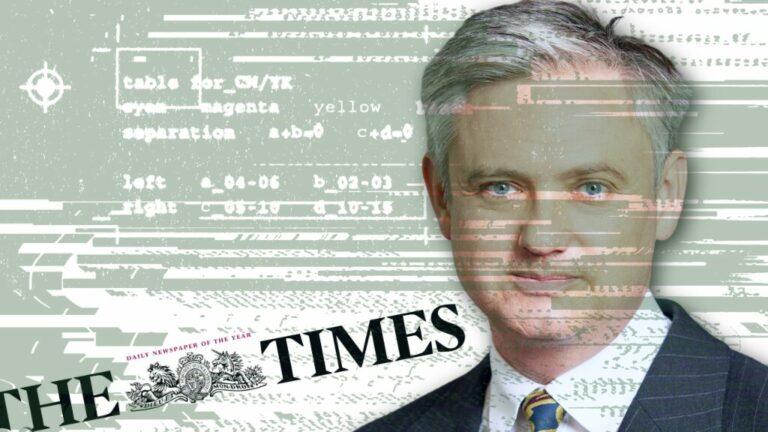Recent protests by Muslim parents against the teaching of LGBT issues to their children in some cities has once again thrust the already beleaguered community into the spotlight.
By and large, an antagonistic and hostile mass media has taken what is a principled stand and presented it as another alleged example of intolerance and backwardness.
Articles and commentary are set within a pre-established framework of opinion that views LGBT as acceptable and mainstream with anything falling outside this range not only dismissed as primitive but also castigated and ridiculed.
The manner in which the Muslim community is portrayed in these media representations draws heavily on classical Islamophobic tropes of intolerance and rebelliousness, reinforcing its otherness and outsider status vis a vis the rest of society.
Indeed many will see an irony in the fact that the same voices which present the Muslim community’s stand on LGBT instruction in primary and secondary schools as a sign of intolerance themselves demonstrate a remarkable level of bigotry. They accuse Muslims of intolerance towards LGBT while on the other seeking to deny Muslims the right to believe that LGBT practices are a sin and educate their children in line with these beliefs.
The approach seems to want to portray Muslims in Britain as a highly judgmental community that discriminates between people on the basis of whether they conform to Islamic moral values. This is itself an Islamophobic assumption which is belied by the daily reality of interactions between Muslims and people of other faiths and none.
It is absurd to think that Muslims are intolerant of people they come across in everyday life who drink, gamble, or who are adulterous or engage in extra-marital sex, all activities that are considered morally objectionable in the Islamic faith. To therefore suppose that Muslims are intolerant of individuals who are LGBT is equally ridiculous.
For Muslims the issue of LGBT instruction in schooling is simply about the right of parents to have their children educated in line with their own moral values. International conventions and of course domestic law (Education Act) give expression to and protect this right. Yet under proposals that are set to become law next year (some of which have already been pre-empted by many schools and OFSTED), that power is being withdrawn from parents by an insistence on teaching about LGBT issues even if the morality underpinning these is starkly conflicting.
Even now government guidance requires schools to work closely with parents and have respect for the backgrounds and beliefs of pupils and parents when drawing up their relationships and sex education policies. However, it is revealing that in many cases where disputes have arisen schools have failed to carry out their duty to consult with parents in the drafting of relationships and sexual education policy.
Muslim parents involved in school disputes over LGBT have repeatedly stated that they do not have any objections to their children being told that some people choose to be LGBT and that is their choice. However, that does not mean they should be compelled to affirm that those identities and behaviours are right. Tolerance and respect for an LGBT individual does not necessarily mean one has to approve of his/her beliefs and practices. Nor does it follow that if you consider homosexuality to be a sin you are homophobic (or will grow up to be so) any more than it follows that you are Islamophobic if you don’t believe in Islam.
The focus on Muslims’ stance towards LGBT education is also unhelpful, and it seems, is deliberately designed to fuel Islamophobia. All over the country Christian and Jewish parents have taken the same stand, yet their cases have received scant or no attention in the mainstream media. One Jewish parent has commenced a legal action against the government saying that its advice to independent schools that LGBT relationships are “equally valid” violates the right to freedom of religion since it goes to the heart of the ethical worldview taught by a faith school. “Belief in God and in a religious way of life distinguishes between action that is morally good and action that is sin….The Draft Advice goes beyond requiring toleration and in effect challenges the very essence of religious belief.”
Misrepresenting the objections of the Muslim community as a typically reactionary example of intolerance serves as a straw man and a diversionary tactic to steer the conversation away from the substantive and difficult issues raised in this debate.
Massoud Shadjareh
Chair
IHRC







